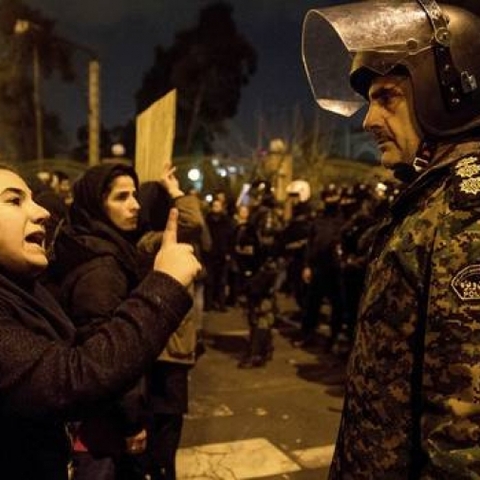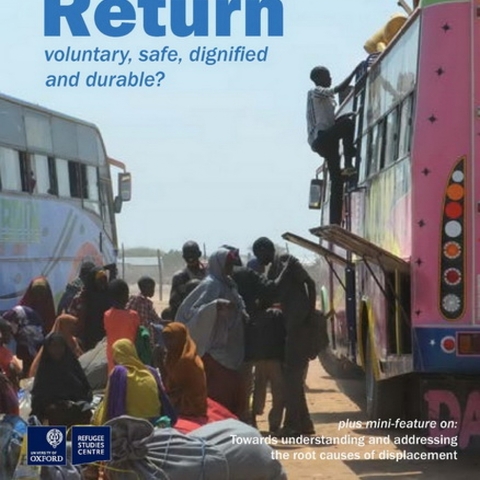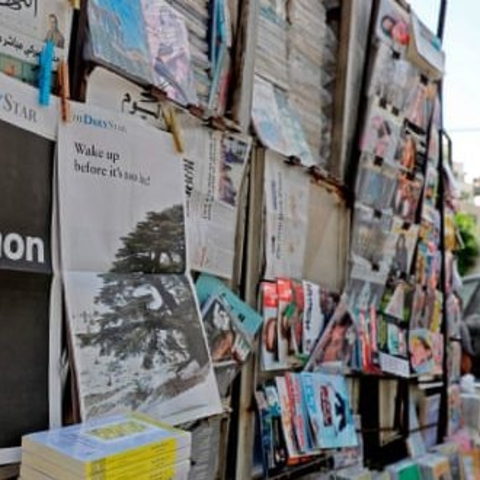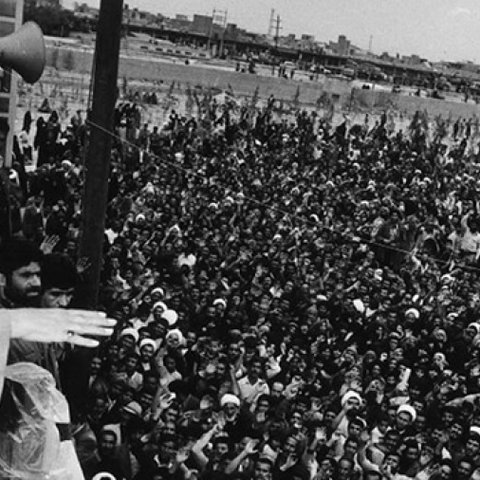Gender Justice Initiatives within Palestinian Camps in Lebanon
This article will provide an overview on female-led social justice movements tackling gender inequality and gender-based violence (GBV) within Palestinian camps in Lebanon. Using qualitative data from six campsInterviews were conducted with social workers and local actors in Rashidieh, El Bus, Nahr el Bared, Beddawi, Ain el Helweh and Burj al Barajneh., this article will analyse emerging initiatives to achieve gender justice by women within the camp’s social and governance context.
Lebanon has a population of approximately 6 million which includes 450,000 Palestinian refugees, making up an estimated 10% of the population. Over 50% live in 12 recognised camps which face major protection concerns such as poverty, overcrowding, unemployment, limited infrastructure, substandard housing, restricted freedom of movement and restricted access to economic opportunities. Social exclusion from the wider Lebanese society is created through policies which restrict access to major social and occupational institutions and affect the living conditions of Palestinians. In 2010, extreme poverty was four times higher among Palestinian refugees compared to the Lebanese population. Isolated from the rest of the population the camps provide lower levels of education and healthcare, as well as high exposure to child protection risks and GBV risks. The extensive protection concerns contribute to a compromised safety and increased vulnerability.
UNRWA is the main relief and health provider in the camps. For 2018, with pledges reduced, UNRWA faces a shortfall of $446 million which adversely impacts the provision of critical services.
The Government of Lebanon is mainly coordinating with UNRWA, whereas the Popular Committees – made up of representatives of the Palestinian Factions – are governing the camps. However, their ability to provide protection and services to vulnerable groups is weak and variable, thus many in the camps rely on support from local Palestinian NGOs filling the gap of services. Within this fragmented structure, levels of cooperation and contestation vary.
In camps, gender-based violence is prevalent, but rarely reported due to shame and fear of the victims. Due to the tightly-knit community, women dread further violence when reporting GBV. Furthermore, without economic empowerment, it is almost impossible for women to stand up to abusive relationships and access justice in legal procedures.
In 2014 the Law 293 was passed sanctioning various forms of interpersonal violence for the first time, particularly intimate partner violence. Although legal protection exists now for cases of domestic violence, its implementation suffers from a lack of awareness among the legal professions, ill-equipped courts, and the lack of financial resources which prevents women from accessing the justice system. Despite policing and court reforms, large public awareness campaigns, and other efforts centred around Law 293, the effects of these within Palestinian camps is almost invisible. While some effect of Law 293 can be seen within Lebanese society – its permeation within Palestinian camps is limited due to their isolation. The possibilities of Palestinian women living in the camps when facing GBV are more limited than their Lebanese counterparts. Even though large-scale NGOs provide significant holistic services through shelters and clinics in Lebanon, these NGOs are generally not present within camps. Local Palestinian NGOs are working in camps with limited budgets and operational restrictions due to the camp’s governance context. UNRWA is a major provider of GBV protection within camps, but also faces significant challenges including massive budget cuts to their work. The services necessary for survivors - such as shelters - are often unavailable within the camp. Even though referral mechanisms do exist, survivors have to navigate decentralised and scattered service providers outside the camps in order to access protection. Cultural and economic barriers of accessing protection outside of camps are extremely high. In addition, due to their historical antagonistic relationship, Palestinians mistrust Lebanese authorities, and female survivors fear contacting any kind of public authority including hospitals, or the law enforcement authorities because of their previous experiences of discrimination. Therefore sustainable community mechanisms need to be strengthened within the camps to provide protection services to survivors; additionally underlying factors of GBV such as gender inequality needs to be tackled within the community.
In the camps Palestinian women are engaged in activism, social work, and confront multifaceted manifestations of patriarchy everyday through their work both inside and outside the home. There are two particular social justice initiatives lead by women within camps: the General Union of Palestinian Women with its aim to increase the participation of women as representatives within Popular Committees, and the Women’s Community Committees, supported by UNRWA within Palestinian Camps.
The General Union of Palestinian Women (GUPW) was founded in 1965 as an umbrella organisation for Palestinian women groups being part of the Palestine Liberation Organisation (PLO). They engage in multiple activities within Palestinian camps aimed at women’s empowerment and gender equality. However, their initiative to increase female representation at the political level of popular committees is particularly innovative and bold. By increasing female representation of women in decision-making capacities, they aim to create more gender equitable policies and governance structures within camps, including improved awareness and sensitivity to issues such as GBV. This initiative faces significant challenges based on patriarchal exclusion of female representatives, even when they do manage to obtain a seat at the table. However, with support of local and international actors, they have made significant: Representation has increased from 5 female members of popular committees in 2011 to 47 members in 2014.
| Area | Number of Women | Proportion of Women (%) |
|---|---|---|
| Sour - South Lebnanon | 13 | 13% |
| Saida - South Lebanon | 9 | 27% |
| Beqaa | 3 | 14% |
| Beirut (and suburbs) | 13 | 23% |
| North | 9 | 18% |
| Total | 47 | 18% |
They have attempted to open the public space to talk about women’s rights, domestic violence, the importance of education, and gender equality by providing trainings and holding public events. In a community, where women’s issues are silenced, the female representatives of the Popular Committees challenge these norms from within the camps’ social and governance structures.
The Women’s Community Committees were firstly established in 2017 and are now present in 9 out of 12 camps. They choose the thematic focus of their activities, which ranges from child marriage to educational opportunities for women and children. Since many of the committees’ members are engaged in a leadership role for the first time, the Women’s Community Committees have been provided technical capacity and support by larger NGOs to equip committee members with the needed skills. Even though they have the potential to provide support, information and referrals to the larger community, they suffer from budgetary concerns, mirroring UNRWA’s larger financial constraints. Since all the committee roles are voluntary, devoting significant time to the Committee’s activities is difficult for its members. Investment and partnership with other local and international organisations are required to alleviate the Committees’ financial concerns and build capacity and expertise.
Female-led social justice movements embedded within the community, tackling gender inequality from the grassroots in Palestinian camps are the empowerment initiatives needed in order to decrease GBV and increase support for survivors sustainably. However, due to the camps governance context, progress is achieved with a “soft”, incremental strategy and often low visibility. The emergence of safe spaces for women, the sensitisation and engagement of relevant stakeholders, building safe referral mechanisms, and increased general awareness within camps will be achieved gradually. Outside actors can bolster the development by providing funding, technical capacity, and support on best practices and implementation methods. Even though defying the isolation of the camps through cooperation with outside actors is to be welcomed, it also needs to be understood that a sustainable, long-lasting decrease of GBV and inequality of women can only be achieved, if the members of the community take charge of the necessary developments.



